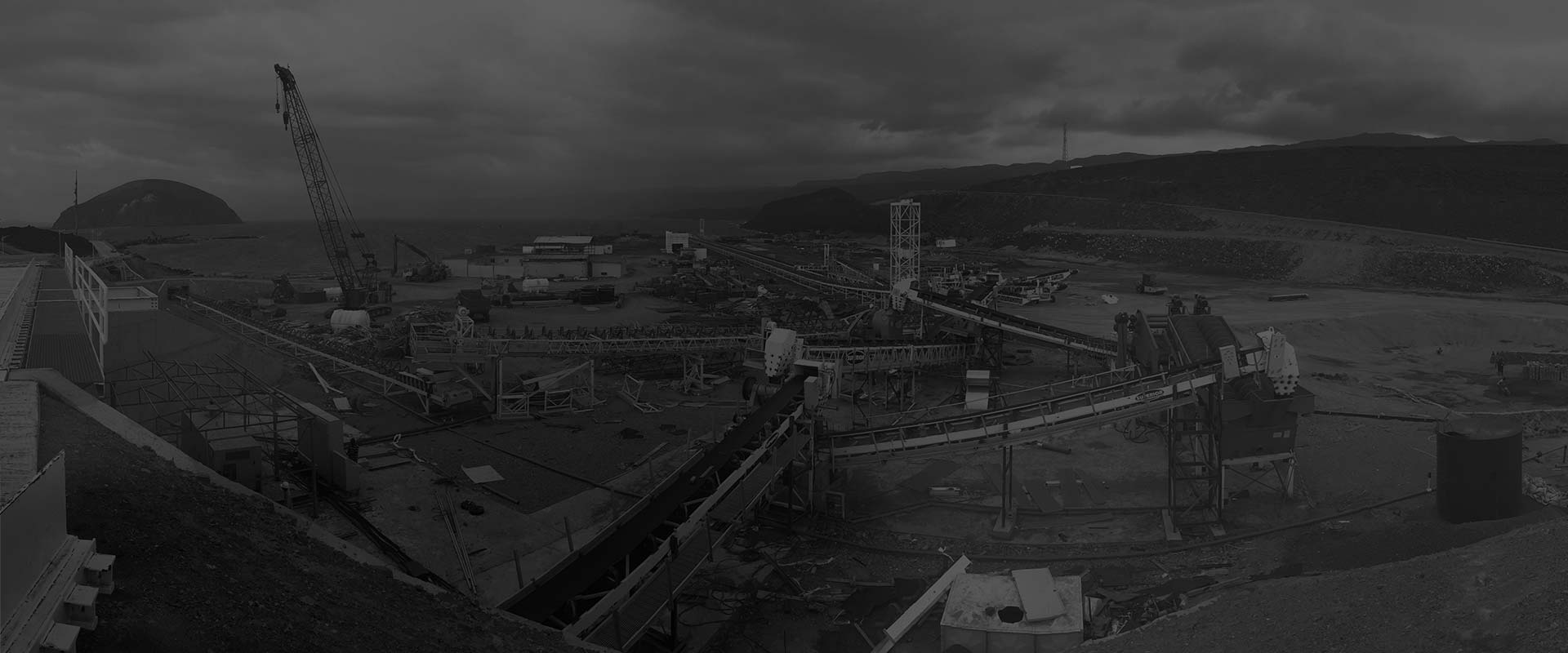0086-379-64087240
CICE Metallurgy Rotary Kiln Manufacturer is renowned for its expertise in producing rotary kilns tailored to specific industrial applications. Among the various types of rotary kilns, metallurgical and chemical rotary kilns stand out as two distinct categories, each designed to meet the unique demands of their respective industries. In this comprehensive exploration, we delve into the differences between metallurgical and chemical rotary kilns, shedding light on their key characteristics and applications.
1. Metallurgy rotary kiln Purpose and Applications:
Metallurgical rotary kilns are primarily designed for high-temperature processes involved in the metallurgy and metal processing industries. Their primary purpose is to facilitate various metallurgical operations, including ore roasting, metal smelting, and alloy production. The metallurgy rotary kiln plays a pivotal role in the transformation of raw materials into valuable metal products and alloys.
2. Metallurgy rotary kiln Temperature and Atmosphere:
Metallurgical rotary kilns operate at extremely high temperatures, often exceeding 1,000 degrees Celsius (1,800 degrees Fahrenheit). These kilns create a controlled, high-temperature environment to facilitate processes such as metal smelting, direct reduction of iron ore, and calcination of minerals. In most cases, metallurgical kilns operate under controlled atmospheres to prevent oxidation and ensure the desired chemical reactions occur.
3. Metallurgy rotary kiln Materials Processed:
Metallurgical rotary kilns primarily process metallic ores, concentrates, and various metallurgical materials. They are utilized for the extraction of metals from ores, the production of alloys, and the refinement of raw materials. Common materials processed in metallurgical kilns include iron ore, copper concentrates, aluminum ore, and various metal oxides.
4. Metallurgy rotary kiln Key Applications:
Reference: applications of rotary kilns in the metallurgical industry
- Ore Roasting:
Metallurgical rotary kilns are crucial for ore roasting, a process that involves heating ores to remove impurities and volatile components, making them suitable for further processing.
- Metal Smelting:
These kilns play a central role in metal smelting processes, where ores are heated to extract metals such as iron, copper, and aluminum.
- Direct Reduction of Iron Ore:
Metallurgical kilns are used for the direct reduction of iron ore, a process that results in the production of sponge iron.
- Alloy Production:
They are employed in alloy production to create customized metal alloys with specific properties and characteristics.
- Calcination of Minerals:
Metallurgical kilns facilitate the calcination of minerals, leading to the production of products like lime, cement, and alumina.
1. Chemical Rotary Kilns Purpose and Applications:
Chemical rotary kilns, on the other hand, are designed for chemical processes that involve the transformation of chemical compounds and materials. They find applications across a wide spectrum of industries, including chemical manufacturing, environmental remediation, and the production of specialty chemicals.
2. Chemical Rotary Kilns Temperature and Atmosphere:
Chemical rotary kilns operate at a range of temperatures, depending on the specific chemical processes they are designed for. These kilns are versatile and can operate under various atmospheres, including oxidizing, reducing, or inert atmospheres, depending on the chemical reactions involved.
3. Chemical Rotary Kilns Materials Processed:
Chemical rotary kilns process a diverse range of materials, including chemical compounds, minerals, hazardous waste, and specialty chemicals. These kilns are versatile and can accommodate materials with varying compositions and properties.
4. Chemical Rotary Kilns Key Applications:
- Chemical Synthesis:
Chemical rotary kilns are employed in chemical synthesis processes, enabling the production of a wide array of chemical compounds and intermediates.
- Waste Incineration and Remediation:
They play a crucial role in waste incineration and environmental remediation, where hazardous waste materials are treated and converted into non-hazardous forms.
- Specialty Chemical Production:
Chemical kilns are used in the production of specialty chemicals, including pharmaceuticals, fine chemicals, and specialty polymers.
- Environmental Applications:
These kilns are utilized for various environmental applications, such as the destruction of persistent organic pollutants (POPs) and the treatment of contaminated soil.
- Thermal Decomposition:
Chemical rotary kilns are employed in thermal decomposition processes, where chemical compounds are broken down into simpler substances through heating.
Purpose and Industries:
Metallurgical rotary kilns are designed for metallurgical processes, primarily in the metallurgy and metal processing industries.
Chemical rotary kilns are versatile and used in a wide range of chemical processes across various industries.
Temperature Range:
Metallurgical kilns operate at extremely high temperatures, often exceeding 1,000 degrees Celsius.
Chemical kilns operate at a range of temperatures, depending on the specific chemical processes they facilitate.
Materials Processed:
Metallurgical kilns primarily process metallic ores and metallurgical materials.
Chemical kilns process a diverse range of materials, including chemical compounds, minerals, and hazardous waste.
Atmosphere and Reactions:
Metallurgical kilns often operate under controlled atmospheres to prevent oxidation and facilitate specific metallurgical reactions.
Chemical kilns can operate under various atmospheres to accommodate different chemical reactions.
Applications:
Metallurgical kilns are key for ore roasting, metal smelting, direct reduction of iron ore, alloy production, and calcination of minerals.
Chemical kilns are used for chemical synthesis, waste incineration, specialty chemical production, environmental applications, and thermal decomposition.
CICE rotary kiln manufacturer offers specialized rotary kilns tailored to the distinct requirements of metallurgical and chemical processes. While metallurgical rotary kilns focus on high-temperature processes for ore roasting, metal smelting, and alloy production, chemical rotary kilns are versatile tools used in a wide array of chemical processes, including chemical synthesis, waste treatment, and specialty chemical production. Understanding these differences is essential for industries to select the right rotary kiln for their specific applications, ensuring optimal efficiency and productivity.
